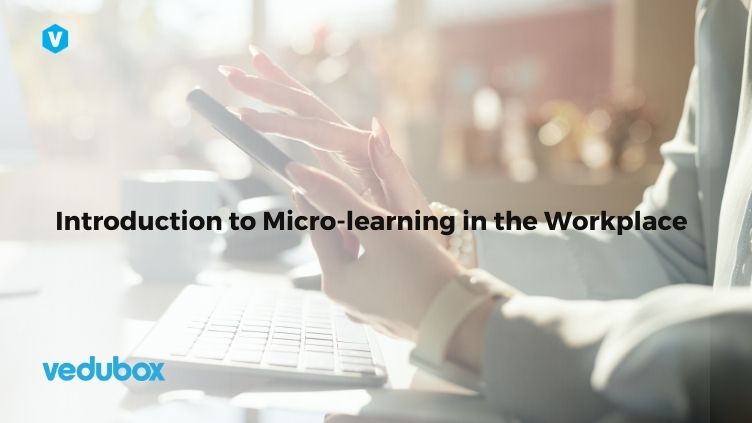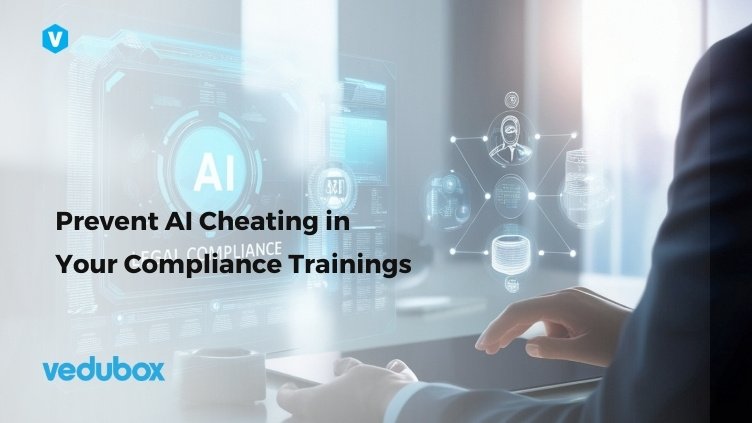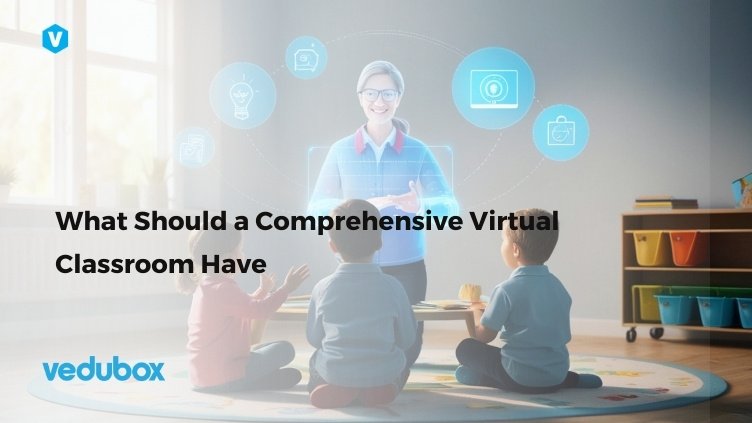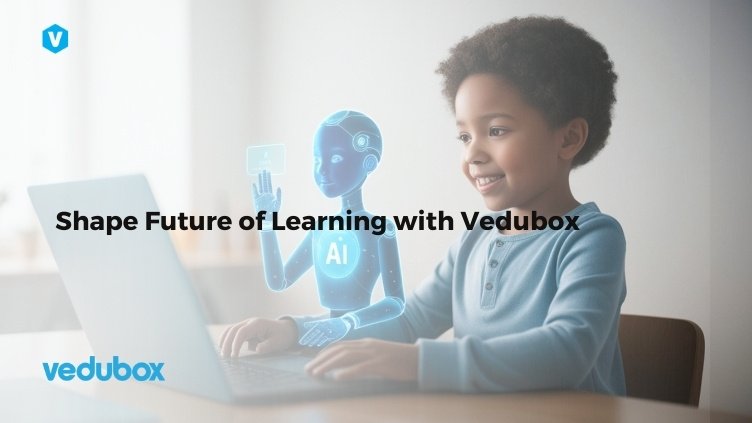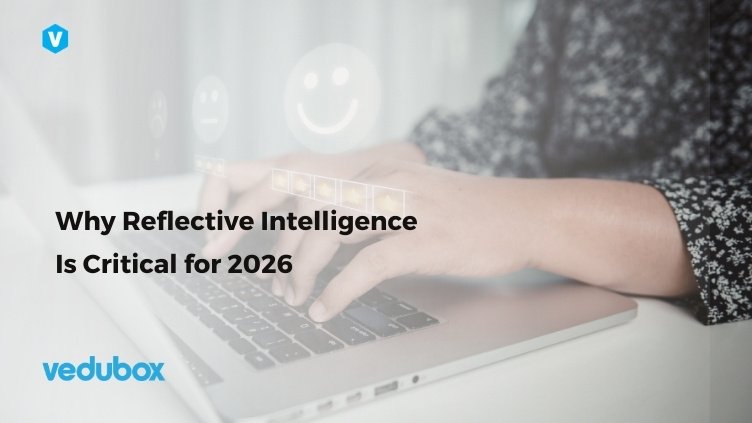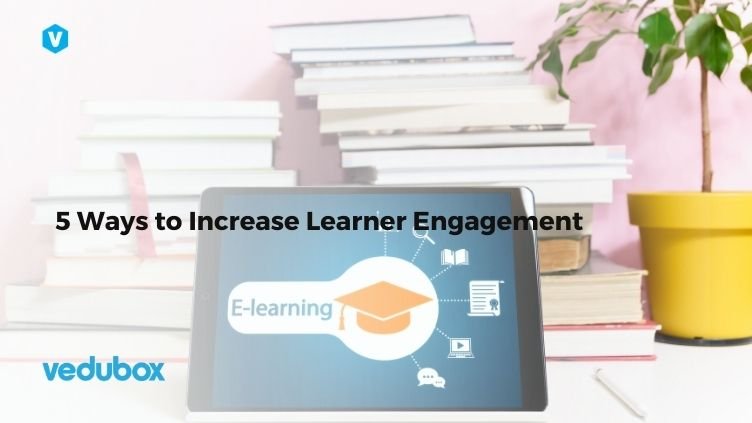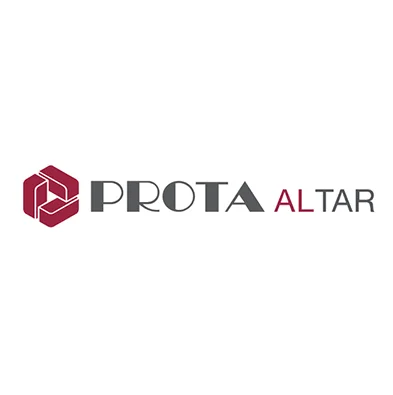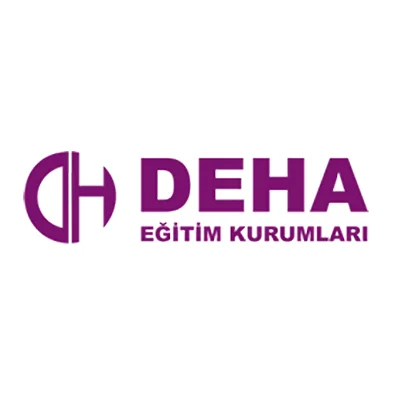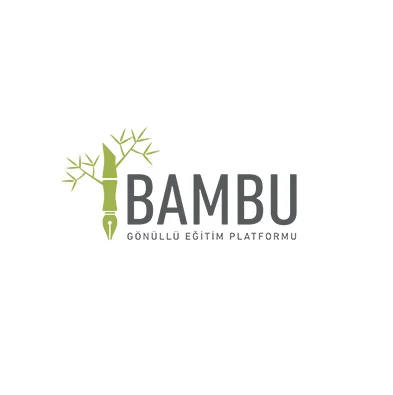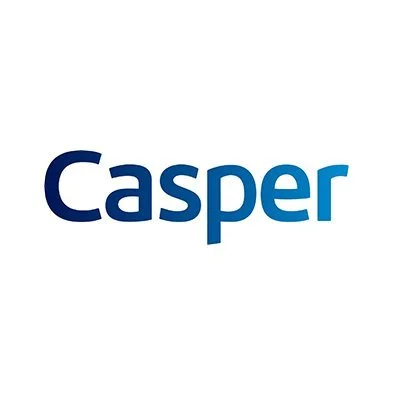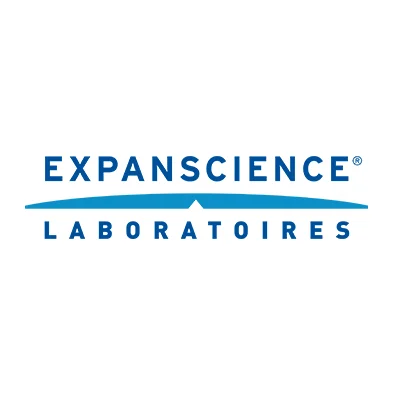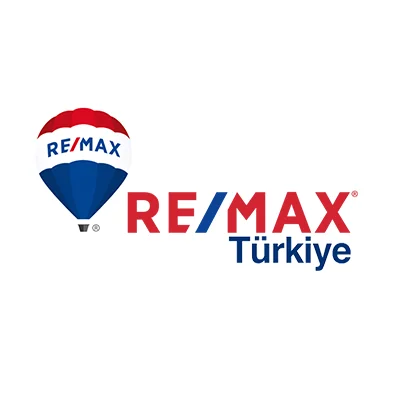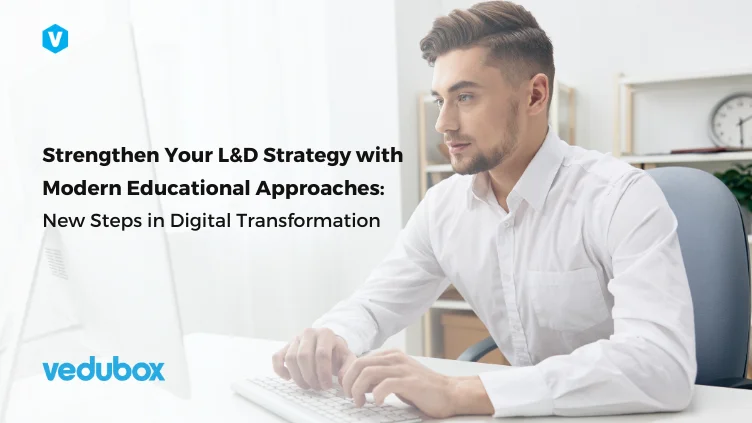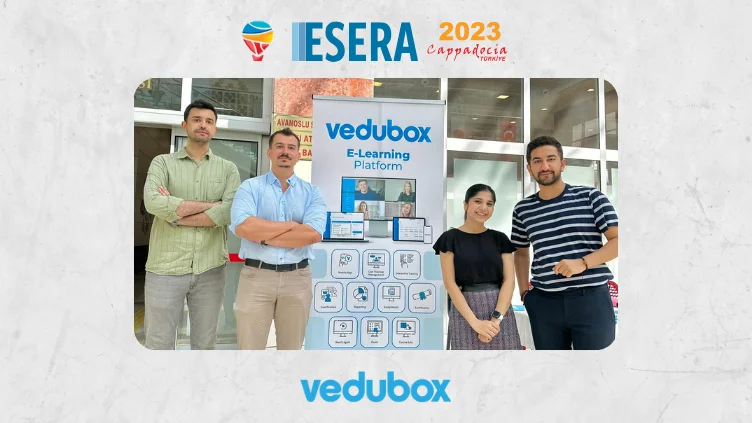Companies must align their learning and development (L&D) strategies with modern educational approaches to enhance employee development and performance. These strategies should not only focus on the existence of training programs but also be supported by factors such as the relevance of content, the method of delivery, and customization. Digital learning platforms provide significant advantages for companies to meet these needs. Vedubox, as one of these platforms, helps align your L&D processes with digital transformation.
Why Are L&D Strategies Important?
Developing the knowledge and skills of employees is a priority for any company seeking a competitive advantage. However, a successful L&D strategy depends not only on the presence of training programs but also on how they are structured and delivered to employees. Companies’ L&D strategies should be aligned with organizational goals, continuously evolving, and shaped according to the needs of employees. Digital platforms allow training processes to be customized to company needs and stay continuously up to date, making training programs not only informative but also performance-enhancing for employees.
Customization of Training Content: The Road to Success
Standard training modules may not be sufficient for many companies, as every company has unique business processes, cultures, and goals. The effectiveness of in-house training depends on the customization of content to meet these needs. Generic training may not provide solutions to the specific situations employees encounter in their daily tasks. Customized training, on the other hand, focuses directly on the company’s products, services, and processes, making it more meaningful. For instance, providing cybersecurity training in a technology firm may not be enough. However, specialized security training designed for the specific software and systems used by the company will allow employees to gain more relevant knowledge. Customized content contributes directly to business processes and helps employees become more efficient.

Microlearning: Utilize Time Efficiently with Short and Effective Training
Traditional long training programs have become inefficient and boring for many employees today. It is difficult for employees to maintain focus and stay motivated for long periods. Microlearning addresses this problem by breaking down information into short, digestible pieces and delivering it to employees. This method allows employees to acquire effective knowledge even in short periods, despite their busy schedules. Especially in today’s digital world, time has become valuable for everyone, and employees may not be able to dedicate too much time to training. Microlearning is one of the most effective methods to solve this problem. Short but targeted training content quickly increases employees’ knowledge levels and helps them become more productive in their workflows.
Effective Training with Up-to-Date Content
In a rapidly changing business world, training content must also be continuously updated. Emerging technologies, strategies, and methods in the business world require employees to always have the most up-to-date information. Training developed with outdated information may be useless for employees and may not contribute to their development. Therefore, it is extremely important that training content is regularly reviewed and updated. Digital learning platforms provide a flexible structure for keeping training content constantly up to date. This way, your employees can always access the latest and most accurate information, which increases their productivity. Additionally, regularly updated content keeps employees engaged and leads to greater participation in training programs.
Hybrid Learning Models: Combining Online and In-Person Training
Exclusively online training may not always be sufficient. Some topics may be better understood or reinforced through face-to-face interaction. Hybrid learning models respond to this need by combining both online and in-person training. This allows employees to receive training tailored to different learning styles. For example, project management training can be delivered through online modules, while practical applications may be more effectively supported by in-person training. Hybrid learning models make learning processes more flexible and effective. Offering both online and face-to-face training options provides employees with different learning experiences, leading to a better understanding of the material.
Instant Learning: Immediate Access to Information
In the modern business world, quick access to information is crucial for employees. Especially in situations that require technical knowledge and instant solutions, employees need to access the information they require without wasting time. Instant learning addresses this need. Platforms that provide instant access to information allow employees to quickly and easily find the information they need. This feature is a critical advantage, particularly for employees working in departments such as technical support, customer service, or IT. Employees who can rapidly access the correct information can solve problems faster, ensuring a seamless workflow. This not only increases work efficiency but also strengthens employees’ commitment to their jobs.
Peer Learning and Content Creation: Strengthen Knowledge Sharing
Strengthening in-house knowledge sharing is possible through peer learning, where employees learn from each other. Peer learning encourages employees to create and share content related to their areas of expertise. In this way, not only the training department but also every employee can contribute to knowledge sharing. This creates a strong knowledge network within the company and enhances collaboration among employees. With digital tools that facilitate content creation, it becomes easier for employees to produce and share training materials. Each employee can become both a consumer and a producer of knowledge, fostering a collective learning culture within the company. As knowledge sharing increases, the individual development of employees accelerates, positively impacting the company’s overall performance.
Conclusion
A successful L&D strategy is achieved by adopting modern educational approaches. Innovative solutions such as customized training content, microlearning, hybrid learning models, and instant learning make training processes more efficient and effective. Vedubox brings all these modern approaches together on a single platform, helping companies maximize employee development. By transforming your training processes with digital solutions, you can increase both employee engagement and work productivity.
Meta Description : Enhance your L&D strategy with modern approaches like custom content, microlearning, and hybrid models. Learn how Vedubox boosts employee development through digital solutions
